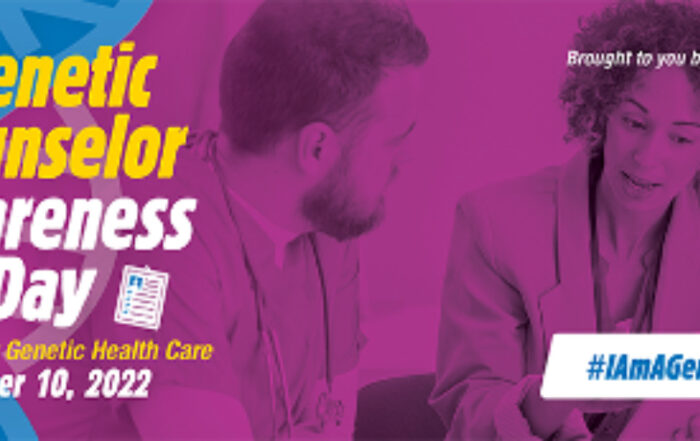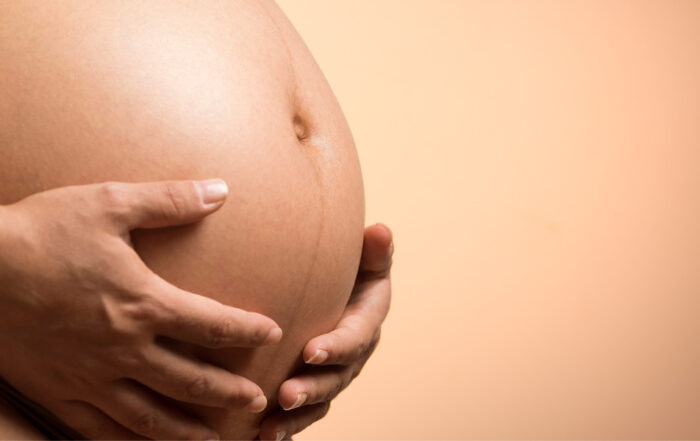Amniocentesis is a prenatal diagnostic test performed after your 15th week of pregnancy. This test will provide you with a definitive (yes or no) assessment about chromosome disorders in the pregnancy, such as Down syndrome. This test can also test for some other genetic disorders for pregnancies considered to be at an increased risk. Testing for infections, lung maturity later in the pregnancy and many other tests can also be completed.
Amniocentesis is also able to detect open neural tube defects, such as spina bifida. This is done by measuring the level of a protein called AFP in the amniotic fluid. This differs from the chorionic villus sampling (CVS), which is the diagnostic testing option available in the first trimester, which is unable to test for open neural tube defects.
Using high-resolution ultrasound for guidance, the physician inserts a needle into the amniotic sac to take out a few teaspoons of amniotic fluid. This sample is then used to complete the testing.
Preliminary results will be available 2 to 3 days after the procedure. Final results will be ready 10 to 14 days following your amniocentesis. Results occasionally take longer. If you do not have your results in fourteen days from the procedure, feel free to contact us. When calling, please be sure to leave phone numbers where you can be reached late in the day.
Amniocentesis Aftercare
In general, you should be able to resume most daily activities after amniocentesis. You may return to work, as long as your job does not require excessive physical activity. The following general guidelines will help with follow-up care:
- For 24 to 48 hours after your amniocentesis:
- Stay off your feet as much as possible
- No exercise or heavy lifting
- No sexual intercourse or sexual activity
- Drink extra fluid
- If one or more of the following occur, please let us know before the procedure: constipation, excessive sneezing, coughing.
- Commonly experienced symptoms after amniocentesis:
- Minor bruising or soreness at the area of insertion
- Mild cramping for a few hours (if you wish, you may take Tylenol for this discomfort)
- Complications to watch for after amniocentesis:
- Vaginal bleeding
- Loss of amniotic fluid from the vagina
- Cramping lasting more than 4 to 6 hours
- Fever or Chills
- If complications occur:
- Bed rest is advisable
- Call your obstetrician. Your obstetrician may choose to contact us directly, or you may feel free to call our office and speak with our nurse at 301.279.6060.





